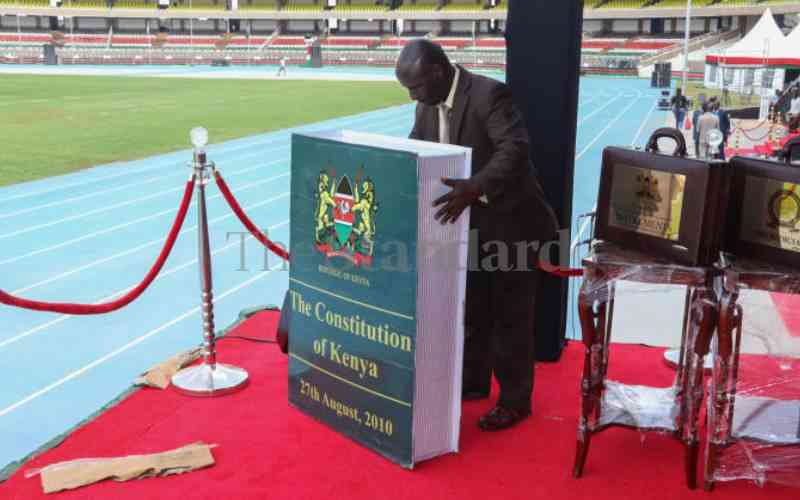×
The Standard e-Paper
Fearless, Trusted News

The 2010 Constitution has endured many transgressions and even violations since it was enacted.
In recent years, it has been ignored and nearly sacrificed in the altar of political expediency and as a result of either ignorance or incompetence by all of us.